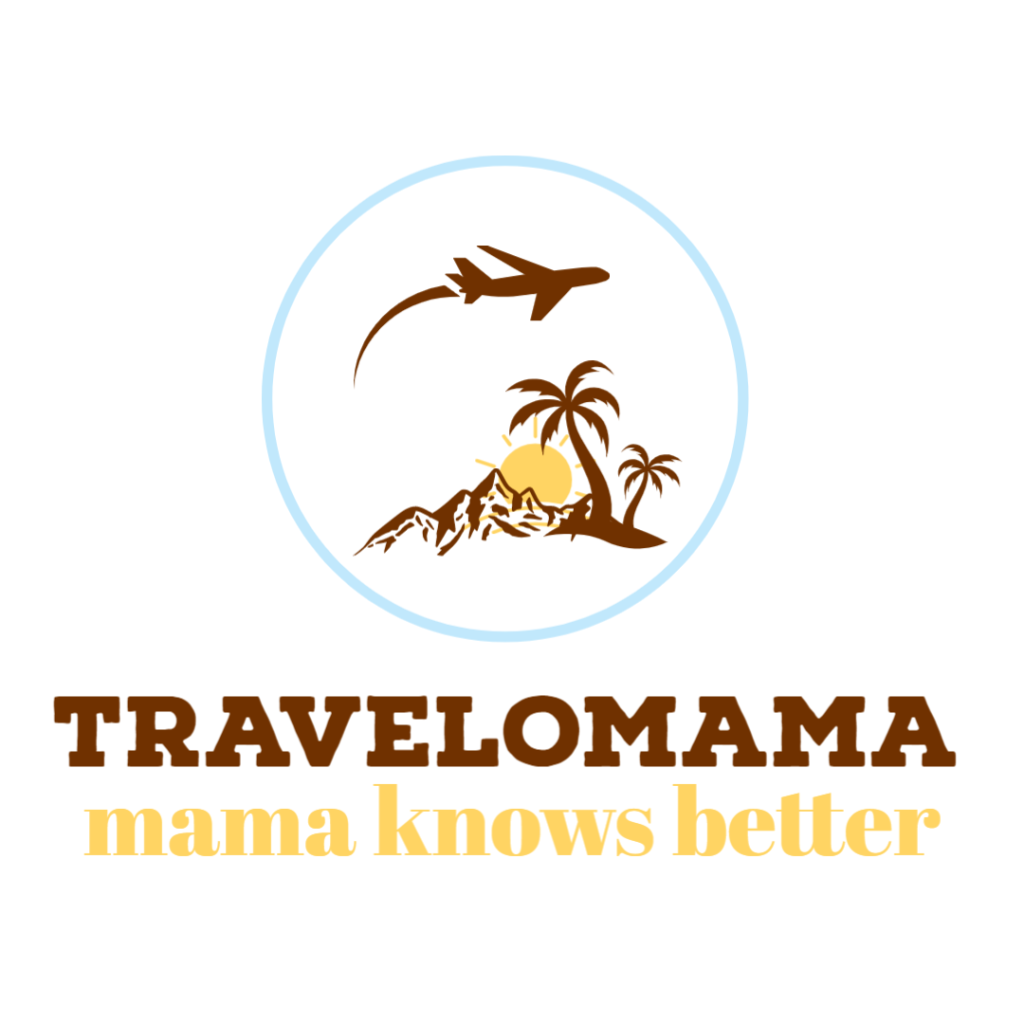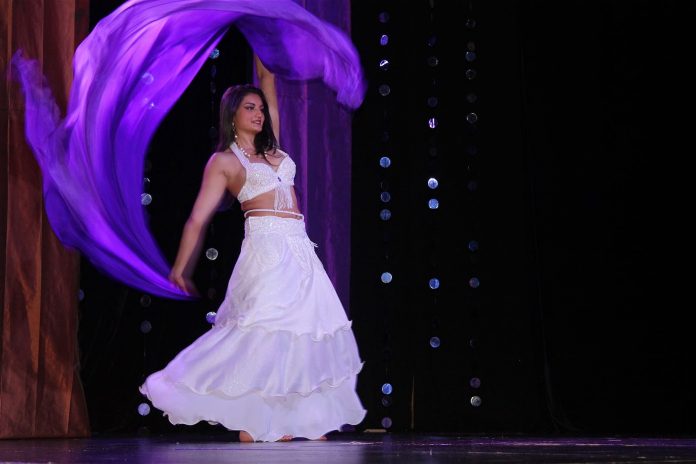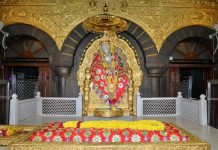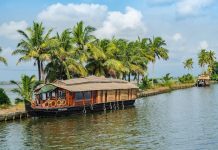A culturally diverse and vibrant cosmopolitan capital city, Bogotá is a fantastic starting point for any trip to Colombia. It’s a huge metropolis, so deciding where to stay can be overwhelming. Fortunately, there are several areas – each with a unique ambience – to choose from to suit all travel budgets and interests. From the historical center and chic party districts to quiet residential areas, here are five Bogotá neighborhoods to check out on your next visit to Colombia.

Discover the history of Bogotá in La Candelaria
Boasting the most hostels per square meter in the city, La Candelaria is an ideal choice for shoestring budgets, quick visits, and travelers keen on having the cultural charms of Bogotá’s historic center at their doorstep. This heart of Bogotá houses the city’s top tourist attractions, including Plaza Bolívar and the world-class Gold Museum.
Discover landmarks on a walking tour, and then duck into any of the wealth of cozy cafes serving traditional Colombian cuisine and coffee. You can also enjoy international dishes at renowned restaurants and chill out with the local university crowd at laidback bars. You’re a short stroll away from the cable car station, so take it up to the iconic Monserrate for a spectacular panoramic view of the city. Although La Candelaria is generally safe during the day, it’s not recommended to walk around at night (especially in dimly lit or deserted streets) as it can get sketchy after dark.

Dive into architecture and culture in Teusaquillo
About 4 km north of La Candelaria, Teusaquillo is a quiet, traditional neighborhood known for its diverse cultural and artistic hotspots, architectural heritage and green spaces. Developed in the early 20th century, this residential area was once a popular place for upper-class families to live. It’s mostly composed of tree-lined streets and beautifully preserved two story Tudor-style homes – many converted into small businesses – and a handful of hostels and boutique hotels.
Staying here means you can take a leisurely stroll to admire the historic houses and enjoy drama performances at independent theaters. History buffs can learn about Colombia’s past at the Jorge Eliecer Gaitan Museum, dedicated to the assassinated politician. Spend an afternoon exploring the verdant Parkway – a long stretch of green surrounded by cafes, brewpubs and restaurants – in the adjacent La Soledad neighborhood.
The sights and sounds of the rest of the city are accessible by taxi or the TransMilenio public bus system.

A modern Colombian experience in Chapinero
Cool, unconventional and a little rough around the edges, Chapinero is a large neighborhood characterized by its diversity, urban art and bohemian vibe. It’s home to fashion boutiques, bistros (serving vegetarian and organic food), artisan bakeries, casual gastropubs, dive bars and venues showcasing electronic music and live alternative bands.
There’s the famous Zona G, an eight-block ‘gourmet zone’ that boasts some of the city’s most prestigious fine dining restaurants. A few streets from here, you’ll find Quinta Camacho, a commercial/residential zone made up of quaint red-brick, English-style houses, leafy lanes, fantastic specialty coffee shops and cutting-edge gastronomic experiences. Nearby Chapinero Central (nicknamed ‘Chapi Gay’ by locals) prides itself on having one of Colombia’s liveliest gay scenes. There are plenty of LGBTQ-friendly bars, plus Theatron, the largest gay nightclub in Latin America that attracts a crowd of all sexual orientations.
Chapinero’s central location, between downtown and the northern suburbs, places you conveniently near all the action – it’s only a bus or taxi ride away. You can lay your head at a budget hostel, mid-range hotel or treat yourself to a plush, five-star hotel bed.

Shopping and nightlife in Zona Rosa
Located in El Retiro neighborhood in the north of the city, Zona Rosa is the entertainment district of Bogotá. It’s considered the best place for a wild night out on the town, especially on weekends when hundreds of well-heeled bogotanos party until late into the night. In this ‘pink zone,’ you’ll find plenty of trendy night clubs playing all sorts of music genres, live DJ venues, classy bars and restaurants to suit all tastes.
Travelers looking for shopping will be delighted with the dozens of upmarket designer stores, along with local and international retailers that line the streets and exclusive shopping malls. Accommodation options here range from hostels and bed and breakfasts to five-star hotels. The majority of the Zona Rosa and the surrounding neighborhoods are pedestrian-friendly, so getting around on foot is easy (and generally safe) day and night.
You can also walk a few blocks north and visit two well-tended parks, Parque 93 and Virrey, as well as Museo El Chicó, a museum set in a gorgeous 18th-century house. The gourmet eateries and cafes that border Parque 93 are commonly frequented by the local jet-set crowd.

A small-town vibe in Usaquén
Travelers seeking a relaxed, safe and family-friendly atmosphere will find the picturesque neighborhood of Usaquén ideal. Sitting at the foothills of the eastern mountains in the far north of Bogotá, it was once a separate little village. Although it’s now part of the sprawling city, it has retained all of its colonial charm.
Admire the Spanish-style architecture, narrow, hilly, cobbled streets and a picturesque plaza flanked by a centuries-old church. Most of the original red-roof homes now house quaint cafes, homey brunch spots, pubs and upscale restaurants inspired by global gastronomy. Every Sunday, Usaquén hosts a flea market where you’ll find plenty of stalls selling handmade arts and crafts, health remedies, clothes and Colombian food and drink.
The neighborhood offers a couple of hostels as well as boutique and luxury chain hotels. It’s also well connected to the rest of the city by both taxi and public transport. Moreover, you can take the Sabana tourist train from Usaquén to visit the Salt Cathedral in Zipaquirá.




